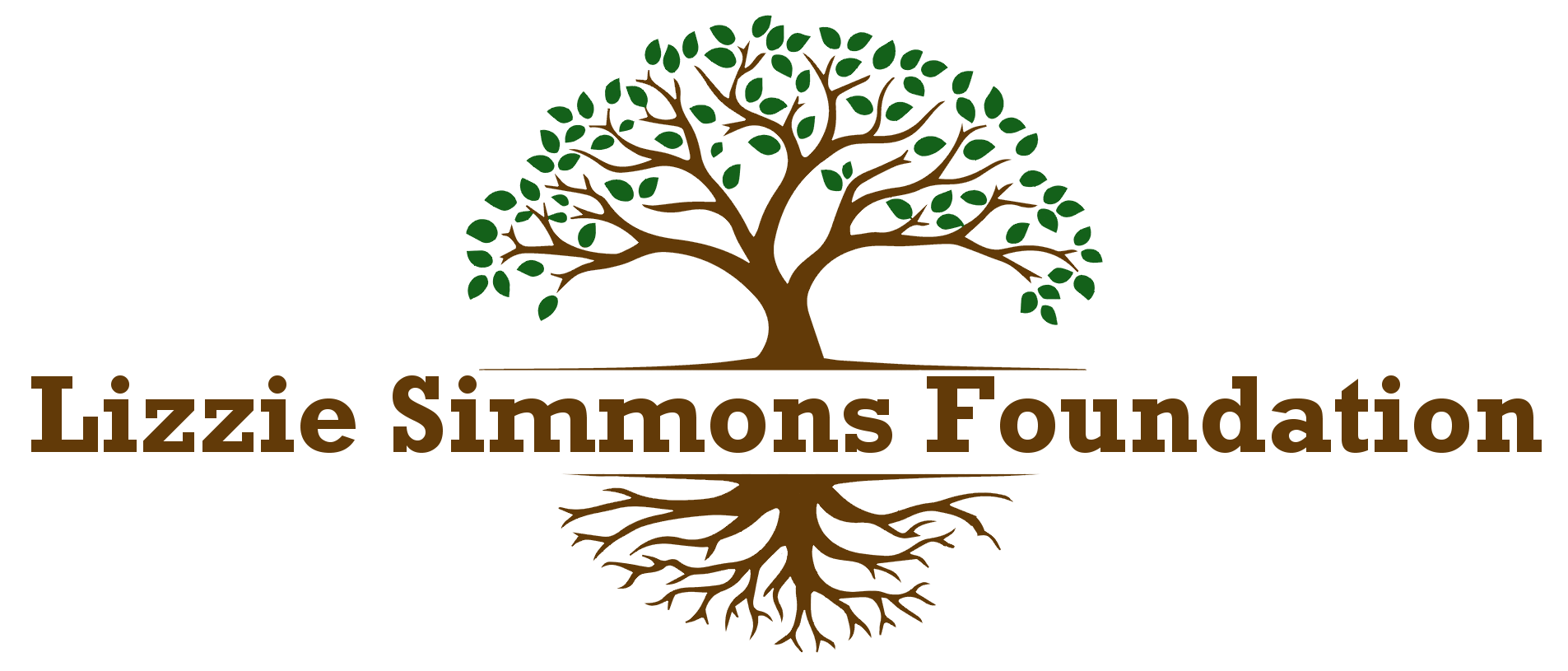Small Business Certifications from A to Z

You’ve probably noticed the logos on websites or products indicating that a business is women- or minority-owned. You can use those for your business, too, right? Not quite. Before you add the logo file, it’s important to understand that they’re connected to small business certification programs sponsored by the U.S. Small Business Administration (SBA).
Montina Young Portis, CEO and founder of CIA Media Group, talked to our community about the kinds of certifications available to small businesses in a webinar moderated by our COO Gabrielle Raymond McGee. A huge advocate of small business certifications, Portis has made it her mission to help entrepreneurs get the most out of these government-sponsored programs, without making the mistakes she did when starting out. “Back in 2014 when I was first certified, I was so frustrated and spent a lot of money, time, and resources. I could not figure out how in the world I was going to use that woman-owned certification.”
Portis believes in government contracts as a way to build a small business and the numbers back her up. In fiscal year 2019, the federal government alone awarded $26 billion to women-owned businesses and there are opportunities at the local and state levels.
When asked who should apply for these certifications, Portis says there are opportunities for every kind of business, even small retailers. And size isn’t important. “You’re not too small,” she explains.
Watch the recording for more of her insight into getting certified and winning bids for government contracts.
Certifications give you access to opportunities [with] Fortune 500 companies and government agencies. They also give you access to training and education programs…They’re the secret to scaling.
Small Business Certification Glossary
8(a) Business Development Program: An SBA program that aims to provide at least 5 percent of all federal contracting dollars to small disadvantaged businesses each year. Business owners who receive 8(a) certification may also enroll in the 8(a) mentor-protege program. For more information, visit www.sba.gov.
ACDBE: Airport Concessions Disadvantaged Business Enterprise. A certification for airport concession businesses that are at least 51 percent owned and operated by one or more individuals who are socially and economically disadvantaged or, in the case of a corporation, in which 51 percent of the stock is owned by one or more such individuals. For more information, visit www.transportation.gov/civil-rights.
Bond: Also known as a surety bond or surety. A bond is a form of credit that small businesses must have available to guarantee performance and payment once a business successfully bids on government business.
DBE: Disadvantaged Business Enterprise. This certification is designed to level the playing field by providing small businesses owned and controlled by socially and economically disadvantaged individuals a fair opportunity to compete for federally funded transportation contracts (e.g. highway, highway safety, transit and airport contracts). The business must be at least 51 percent owned, capitalized and operated by a person or persons who is a member of a presumed group or a woman and meets specific personal net worth and gross receipt criteria. For more information, visit www.transportation.gov.
EDWOSB: Economically Disadvantaged Women-Owned Small Business. A certification available for economically disadvantaged women-owned small businesses. This is a subset of the WOSB program. To qualify, small business owners must meet all requirements of WOSB as well as have a personal net worth of less than $750,000, an adjusted gross yearly income averaged over the three years preceding the certification that does not exceed $350,000, and the fair market value of assets (including primary residence and the value of the business concern) that does not exceed $6 million. For more information, see the SBA’s frequently asked questions EDWOSB certification document.
Historically Underutilized Business Zone (HUBZone program): A program under the SBA that allows small businesses to have access to federal procurement opportunities. A business obtains HUBZone certification in part by maintaining a principal office in a HUBZone and employing staff that are residents of designated HUBZones. At least 3 percent of federal contract dollars must be allocated to HUBZone-certified businesses annually. For more information about applying for this certification, visit the HUBZone program website.
MBE: Minority Business Enterprise. This is a certification for businesses that are at least 51 percent owned by minority individuals and daily operations are controlled by those minority group members. For more information, visit https://nmsdc.org/mbes/.
NMSDC: National Minority Supplier Development Council. This is a corporate membership organization that advances business opportunities for certified minority business enterprises (MBEs) and connects them to corporate members.
NAICS: North American Industry Classification System. Developed under the Office of Management and Budget, the NAICS is used by federal agencies to classify businesses for collecting, analyzing and publishing statistical information. Many small businesses use more than one NAICS code on their taxes and when applying for certifications. Find yours at census.gov.
NWBOC: National Women Business Owners Corporation. This organization offers WBE (Women Business Enterprise), WOSB (Women-Owned Small Business), MBE (Minority Business Enterprise) and VBE (Veteran Business Enterprise) certifications.
RFP: Request for Proposal. A document released by the local, state or federal government that outlines the materials businesses should submit in order to bid on a government project. Answering an RFP is the beginning of the bidding process.
SDVO: Service-Disabled Veteran-Owned Small Business. This is an SBA program to improve prime and subcontracting opportunities for veteran and service-disabled veteran-owned small businesses. For more information, visit www.sba.gov.
Subcontracting Plan: A document setting forth how a contractor will provide SB (small business), SDB (small disadvantaged business), WOSB (women-owned small business), VOSB (veteran-owned small business), SD/VOSB (service-disabled veteran-owned small business), and HUBZone small business concerns with the maximum practicable opportunity to participate in the performance of a contract or subcontract.
SAM: System for Award Management. A federal government website for businesses to track their bids and awards. You may log into this site and update your company’s information at any time. https://www.sam.gov/SAM/
WBE: Women’s Business Enterprise. A separate certification from WOSB/EDWOSB, WBE certification is available to businesses that are at least 51 percent owned, operated and controlled by a woman or women. Business owners may apply for certification through WBENC or NWBOC.
WBENC: Women’s Business Enterprise National Council. WBENC is the largest certifier of women-owned small businesses (both WOSB and WBE certifications) in the U.S. and a leading advocate for women business owners and entrepreneurs. For more information, visit www.wbenc.org.
WOSB: Women-Owned Small Business. A certification for women-owned small businesses. The federal government’s goal is to award at least 5 percent of all federal contracting dollars to women-owned small businesses each year. Certification is through the SBA or one of four SBA-approved organizations: the El Paso Hispanic Chamber of Commerce, the National Women Business Owners Corporation (NWBOC), the US Women’s Chamber of Commerce, and the Women’s Business Enterprise National Council (WBENC). For more information, visit the WOSB page on the Small Business Administration website.
